Chia Seeds
₹100 – ₹230
The tiny, nutrition-packed “superseeds” are now a staple in many health-conscious households. Thanks to their small size, mild taste, and versatility, it’s easy to incorporate chia seeds into your diet. Chia seeds are an excellent source of vitamins, minerals, and powerful antioxidants.
Description
Reduced Free Radicals
Antioxidants found in chia seeds can help to fight free radicals in your body. Free radicals cause oxidative stress and cell damage. Eating foods rich in antioxidants may help to reduce your risk of developing many health issues associated with free radicals, including heart disease, cognitive decline, and certain types of cancer.
Better Heart Health
Chia seeds contain quercetin, an antioxidant that can reduce your risk of developing several health conditions, including heart disease. The seeds also high in fiber, which can help to lower high blood pressure and, in turn, reduce your risk of developing heart disease.
Improved Blood Sugar Levels
Chia seeds are high in fiber. Studies show that fiber may help to reduce insulin resistance and improve blood sugar levels, reducing your risk of metabolic syndrome and type 2 diabetes. Research has also found that bread containing chia seeds triggers a lower blood sugar response than traditional bread, which helps to prevent high blood sugar levels.
Reduced Inflammation
Chronic inflammation can lead to health conditions like heart disease and cancer. Caffeic acid, an antioxidant found in chia seeds, can help to fight inflammation in the body. Eating chia seeds regularly may also help to reduce inflammatory markers, which often indicate the presence of an inflammatory disease.
Healthier Weight Management
A 1-ounce serving of chia seeds has 39% of your recommended daily allowance of fiber. The soluble fiber in the seeds absorbs water, causing them to expand in your stomach and increase your feeling of fullness when you eat them. By letting you feel fuller despite eating less, chia seeds can help you maintain a healthy weight.
Better Bone Health
Chia seeds have several nutrients that are vital for bone health, including magnesium and phosphorus. A single ounce of the seeds also contains 18% of your recommended daily allowance of calcium, which is vital for healthy bone, muscle, and nerve functioning. When compared gram for gram, chia seeds have more calcium than dairy products.
Chia seeds are also an incredible source of alpha-linoleic acid (ALA), an omega-3 fatty acid that helps to promote a lower omega-6 to omega-3 fatty acid ratio — a lower ratio is associated with reduced risks of chronic conditions such as heart disease, cancer, and inflammatory conditions.
Things to Look Out For
Although chia seeds offer a variety of health benefits, eating too many may lead to complications:
Potential Digestive Issues. Because of their high fiber content, eating too many chia seeds may cause constipation, diarrhea, bloating, and gas. Chia seeds may also cause flare-ups with inflammatory bowel conditions such as Crohn’s disease.
Potential Choking Hazard. Dry chia seeds absorb water, which causes them to swell up and become gelatinous. Dry chia seeds can get stuck in your throat, which poses a choking hazard. To avoid this risk, soak the seeds 5 to 10 minutes before use.
Interactions with Medication. Chia seeds help to reduce blood sugar and high blood pressure. If you’re already taking medications for diabetes or hypertension, eating too many chia seeds can cause severe dips in blood sugar levels and blood pressure, which may lead to other health complications.
Allergies. Although rare, chia seed allergies do occur in some people. Symptoms to watch out for include vomiting, diarrhea, and itching of the tongue or lips. Severe allergies can lead to anaphylaxis.
Additional information
| Weight | N/A |
|---|---|
| Weight | 100g, 250g |
Only logged in customers who have purchased this product may leave a review.

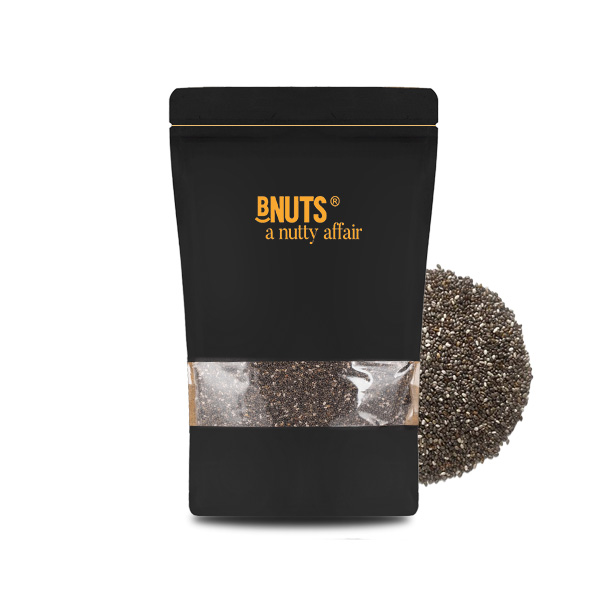
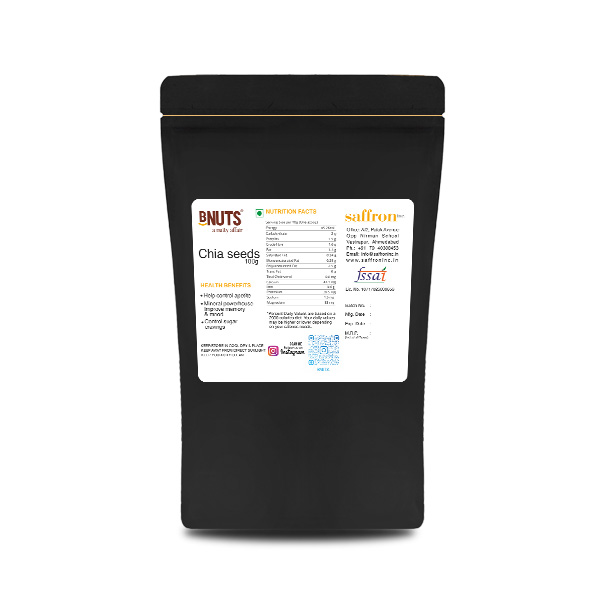

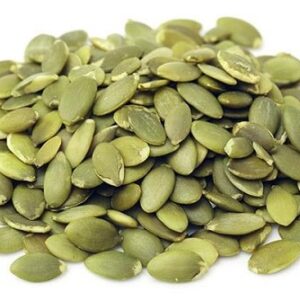

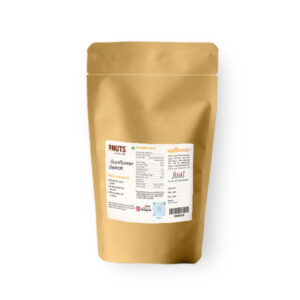
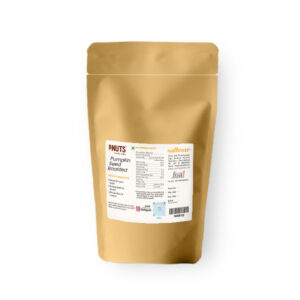


Reviews
There are no reviews yet.